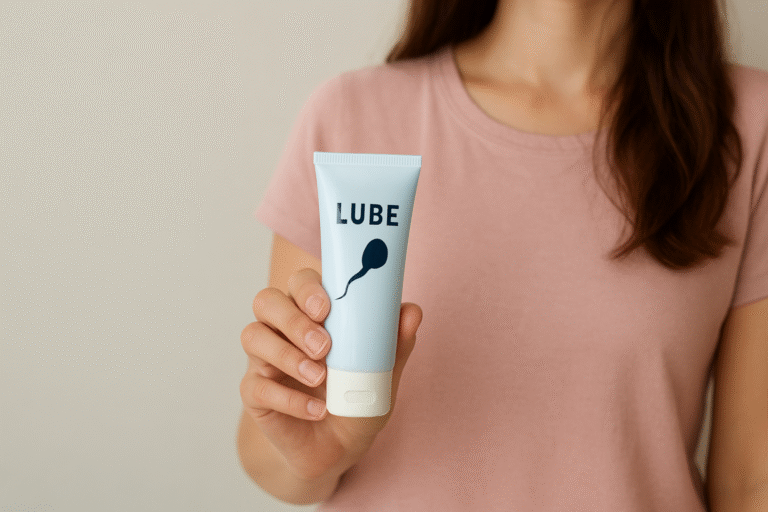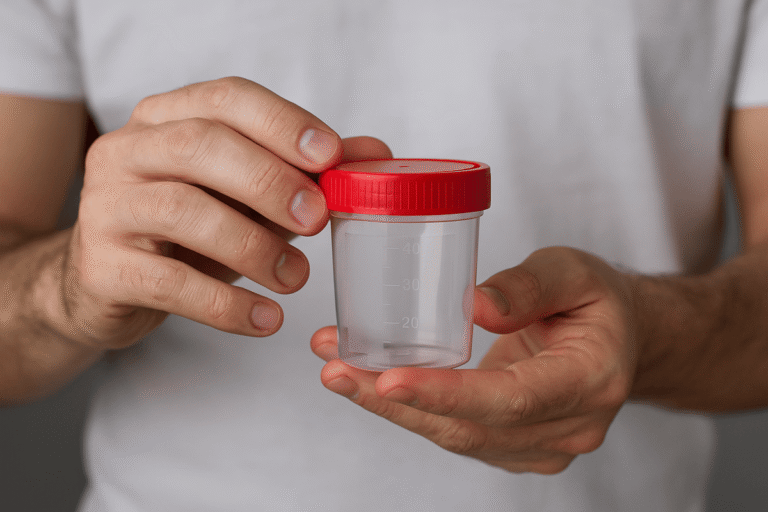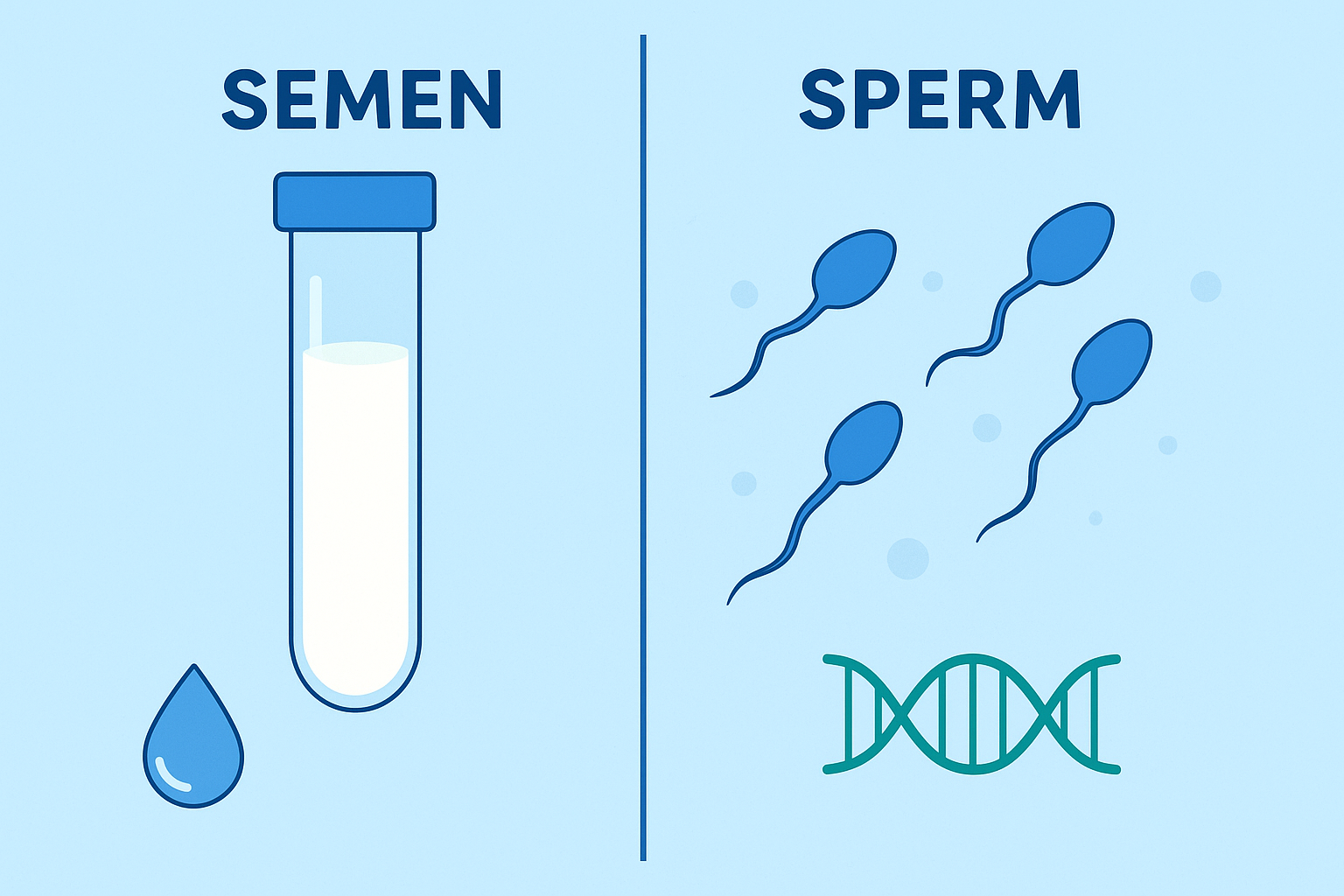When you’re eagerly waiting for that big moment, the one where you finally find out if you’re pregnant, the last thing you want is uncertainty. And unfortunately, sometimes pregnancy tests, though designed to be super reliable, can throw a wrench into the process. You know the drill: you wait for a few minutes, stare at that little window, and then—nothing. Or worse, a faint line. But what if the test is wrong? Specifically, what if you’re carrying twins, and that’s the reason that twins can cause false negative pregnancy test?
It’s a question that pops up every so often. And let’s be honest—there’s a lot of confusion around it. Twins can certainly make pregnancy tests more complicated. In this article, we’ll dive into the scenario of how twins might mess with a pregnancy test result and whether or not it’s something you should worry about.
Also read: Negative Pregnancy Test but No Period? Here’s What Could Be Going On
Pregnancy Tests: How Do They Work?
Before we jump into the twin twist, it’s helpful to briefly understand how pregnancy tests work in the first place. Pregnancy tests detect a hormone called human chorionic gonadotropin (hCG). This hormone is produced when a fertilized egg implants into the uterine lining. Typically, hCG levels start low but increase rapidly in the early weeks of pregnancy.
At-home tests usually measure hCG in urine. They’re designed to detect a certain threshold of hCG—usually around 25 mIU/mL. If your hCG levels are above this threshold, the test will show a positive result. If they’re below it, the test will show negative. Pretty simple, right? Well, as with anything related to biology, there are some factors that can complicate things.
Twins and Pregnancy Tests: The Possible Connection
You might be wondering, “How in the world can carrying twins affect a pregnancy test?” It’s a valid question, and the answer has to do with how hCG works during pregnancy. You see, women carrying multiples, including twins, typically have higher levels of hCG than those carrying a single baby.
In fact, research shows that hCG levels in women pregnant with twins can be up to double that of women carrying just one baby, especially in the early weeks. So, in theory, the higher your hCG levels, the more detectable it should be on a pregnancy test, right?
Well, here’s where things get tricky. Although higher levels of hCG are expected in twin pregnancies, they don’t always follow a perfectly predictable path. Some women might have an unusually slow rise in hCG even when pregnant with multiples, making it harder for the test to pick up on those elevated levels. So, it’s not always a clear-cut, black-and-white situation.
Why a False Negative test Can Happen
A false negative pregnancy test occurs when the test says you’re not pregnant, but you actually are. This can happen for several reasons, and carrying twins can potentially be one of them. Here are a few scenarios where this could happen:
- Testing Too Early: Testing too early may not detect hCG in your urine, even if you’re pregnant with twins.. Some women, particularly those with higher hCG levels, might test negative because their body hasn’t reached the right amount of hCG yet. In the case of twins, while the levels might be higher, they still might not be high enough at the time you test to trigger a positive result.
- Low Sensitivity of the Test: Not all pregnancy tests are created equal. Some tests have lower sensitivity and may not detect hCG levels, especially if testing early in a twin pregnancy.
- Diluted Urine: Diluted urine can also lead to false negatives, regardless of whether you’re carrying twins. You might think, “Oh, I’m definitely pregnant,” but your test comes up negative simply because your urine wasn’t concentrated enough.
- Incorrect Usage: It sounds simple, but following the instructions correctly is important. And trust me, it’s easy to get this wrong, especially when you’re anxious.
- Chemical Pregnancies: Sometimes, even though you get a positive result, the pregnancy doesn’t progress as expected. This can happen with any pregnancy but is more common with early pregnancies, like when you might be carrying twins. In these cases, the hCG levels might drop, causing a false negative later on. This explains why you might see a faint positive line and later test negative—it can be a rollercoaster.
Also read: Vitamin D and ED: The Shocking Link & Proven Fixes
Are Twins More Likely to Cause a False Negative?
While it is possible that twins can cause a false negative pregnancy test, it’s not particularly common. Any pregnancy, whether single or multiple, can result in a false negative under certain conditions. Twins can complicate things due to higher hCG levels, but they don’t guarantee a false negative.
If you’re testing early with twins, allow time for your body to produce detectable levels of hCG. Testing a little later or waiting a few days could help avoid that frustrating “no results” moment. Some women expecting twins may not see their hCG levels double as quickly as in singleton pregnancies, so timing is crucial.
What to Do if You Think You Might Be Pregnant with Twins
If you suspect that you might be pregnant with twins but keep getting false negatives, there are a few things you can do:
- Wait a Few Days: If you’re getting negative results early on, it might be best to wait a few days and test again. Your hCG levels may have risen enough by then to trigger a positive result. Plus, sometimes it’s just better to let your body catch up with what the test is trying to detect.
- Consider Blood Tests: If you’re still unsure after a couple of home tests, consider asking your healthcare provider for a blood test. A blood test can detect much lower levels of hCG than a urine test, which can give you more accurate results. It’s also a great option if you suspect you might be carrying twins and want to be sure about your hCG levels.
- Early Ultrasound: An ultrasound is the best way to confirm whether you’re carrying twins. Most doctors will recommend an ultrasound around 8 weeks, but if you suspect multiples, don’t hesitate to mention it. An ultrasound will give you a definitive answer, and you won’t be left guessing.
- Don’t Panic: It’s easy to get worked up about a false negative or to imagine the worst-case scenario, but remember—pregnancy tests are not perfect. If you’re still not getting the results you expect, take a deep breath, and reach out to a healthcare professional. They’re there to help guide you through it.
Also read: The Truth About Male Multivitamins and Sperm Quality
Conclusion
So, can twins cause a false negative pregnancy test? In short, yes, it’s possible. But there are many other factors that could contribute to a false negative, and twins are just one piece of the puzzle. Higher hCG levels, early testing, and diluted urine can all play a role in why a test might not show the result you expect.
Ultimately, if you’re concerned or just not sure, don’t hesitate to reach out to a healthcare provider for more clarity. A blood test or ultrasound can offer more reliable answers, especially if you’re dealing with the confusing early stages of a twin pregnancy. Just remember, pregnancy tests are a helpful tool, but they’re not foolproof, so take any negative results with a grain of salt—and give your body some time to do its thing.
If you’re going through the rollercoaster of early pregnancy, just know that you’re not alone. There are plenty of ups and downs, and sometimes those little hiccups in the testing process are part of the journey.




